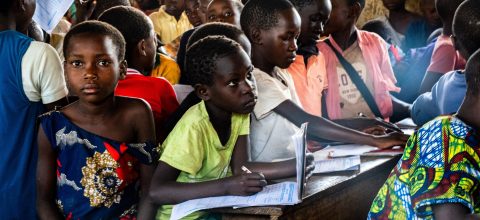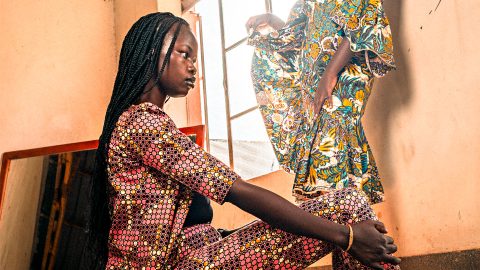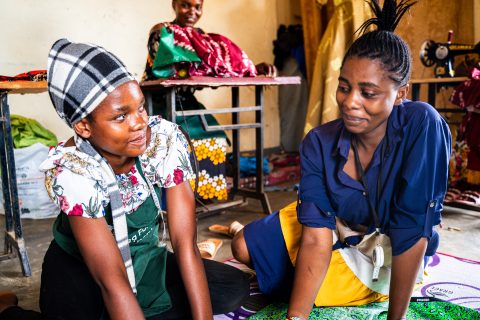Uganda
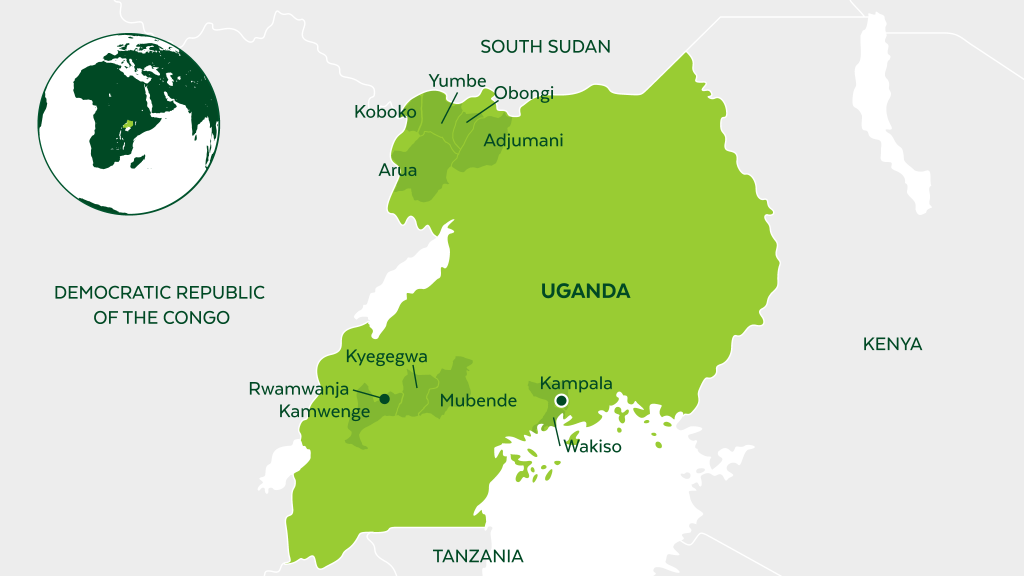
Uganda hosts more refugees than any other country in Africa. FCA supports quality education, the entrepreneurship of women and youth, and builds links between learning and earning for both refugees and Ugandans.
Finn Church Aid’s (FCA) operations in Uganda span across the rights to quality education, sustainable livelihoods and peace. FCA’s role and responsibility have grown in response to the massive influx of refugees from South Sudan in 2016 as well as continued violence in DR Congo.
Most of the inhabitants of the refugee settlements of northern and south-western Uganda are women and youth. Refugees co-exist with Ugandans in settlement areas.
FCA also supports skills training for youth in slum areas under the theme of peace.
Population: 40.9 million
Capital: Kampala
Currency: Ugandan shilling
Languages: English (official), Swahili (official), Ganda (Luganda), Arabic, other indigenous languages
Religions: Protestant 45% Roman Catholic 39%, Muslim 14%, other 2%
FCA in Uganda: Since 2014
Our results
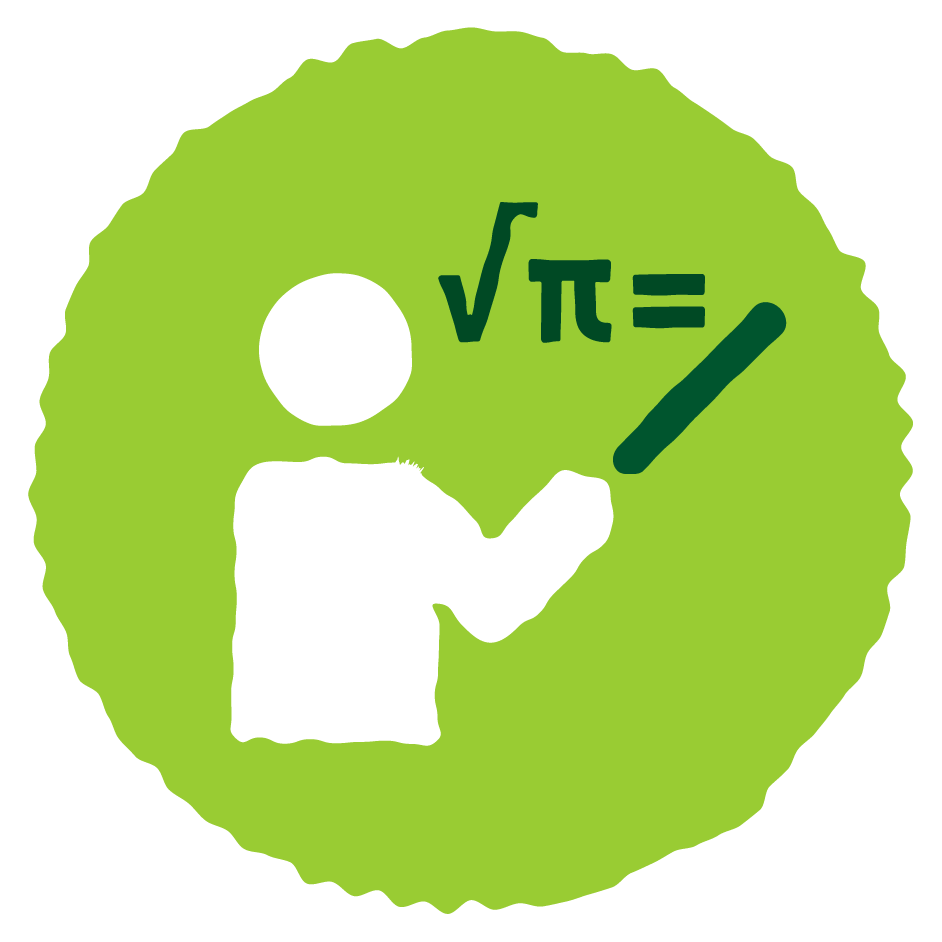
166,530
home learning packages were distributed to children who were out of school
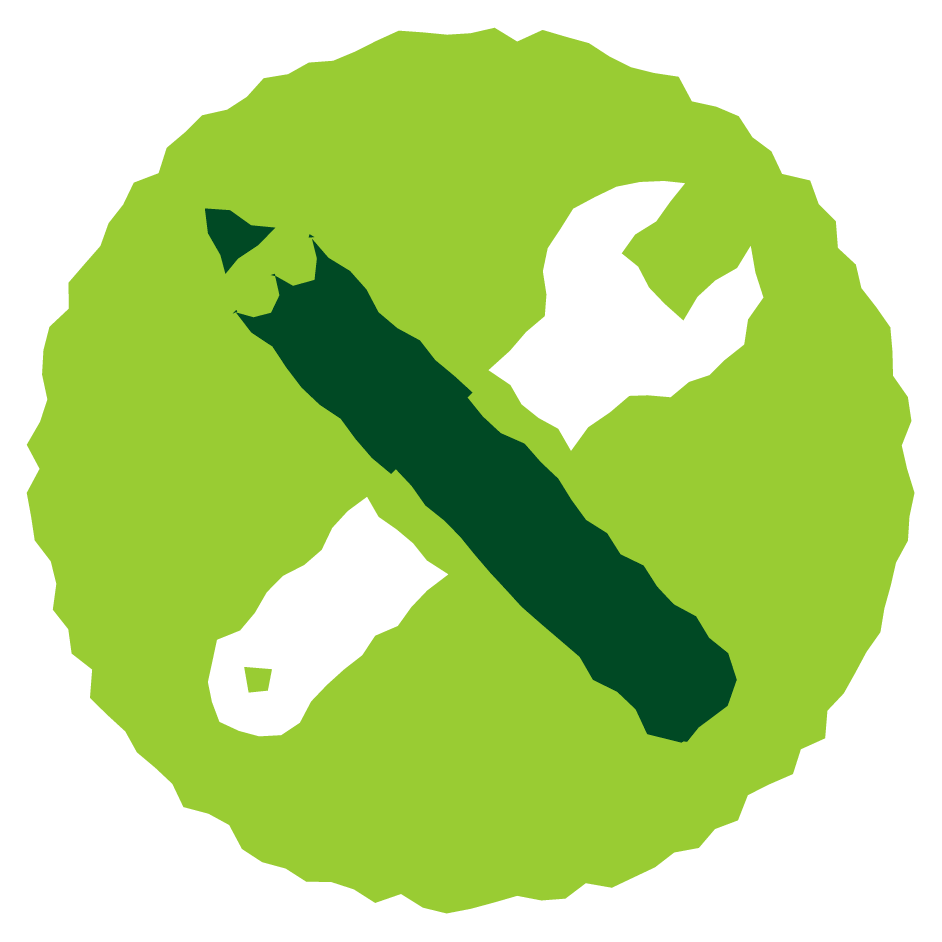
72
classrooms were constructed in refugee settlements.
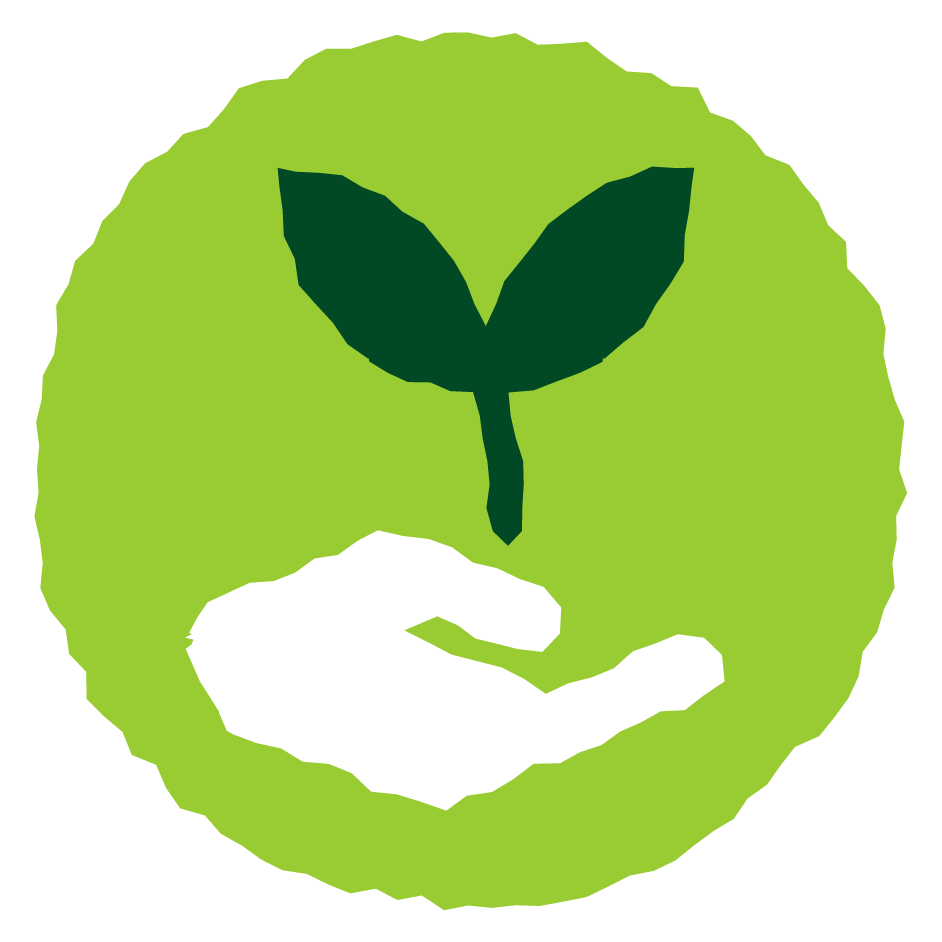
1,925
youth received vocational training.
Supporting refugees and host communities in Uganda
FCA works with the Office of the Prime Minister (OPM) and the UN Refugee Agency UNHCR as well as other actors in responding to the refugee situation in Uganda. FCA was selected by the OPM and UNHCR as an implementing partner in education and livelihoods in Bidibidi, Yumbe district – one of the world’s largest refugee settlements and works in several other settlements in the north and southwest of the country. In 2020, FCA also worked in Arua, Adjumani, Yumbe, Obongi, Koboko, Kamwenge, Kyegegwa, Mubende, Wakiso and Kampala.
Over the last two years, Covid-19 has drastically affected both the economy and the education system in Uganda. According to the United Nations Capital Development Fund, about half of informal businesses shut down after one month of lockdown, with severe repercussions on the food security situation. The Government ordered that all schools and other learning institutions to close in March. As a consequence, child abuse and domestic violence rose, especially in refugee settlements. Many children were forced to work and there was a rise in teenage pregnancies. Although FCA reduced the number of staff in offices, programmes continued.
FCA’s other current donors in the refugee response include EU Humanitarian Aid and Civil Protection (ECHO), Education Cannot Wait, The Ministry for Foreign Affairs of Finland and The Bureau of Population, Refugees, and Migration (PRM).
Livelihood opportunities for women and youth
FCA has developed a business model which is implemented in the Rwamwanja refugee settlement with Congolese refugees and host community students. The project involves supporting graduates for job readiness, to write business plans, starting their own businesses and linking them to the private sector for employment within for instance tailoring, blacksmith welding, sandal-making, construction, hotel management and motorcycle maintenance.
In 2020 and 2021, FCA targeted young women and men out of-school and provided them with vocational skills training to increase their employment or self-employment opportunities. We encouraged girls to train in male-dominated trades and baby care facilities were also set up to support female students with babies in Kyaka and Rwamanja. With support from FCA, 1,702 people started a smallholder business over the past two years.
FCA also supports a skills training centre in Katwe, a slum area in the capital Kampala that has a reputation associated with criminality, prostitution and recruitment by extremist groups.
FCA contributed to women’s social and economic empowerment through income generating activities, Village Savings and Loan Associations and entrepreneurship skills development. Savings and Loans Associations helped women to finance business start-ups and enterprise development at community level which increased their self-employment opportunities and income levels.
In 2021, Women’s Bank savings groups reached 8,594 women through training sessions and savings groups and loans granted by the groups to female entrepreneurs in Mityana, Kamwenge, Wakiso and Yumbe districts.
